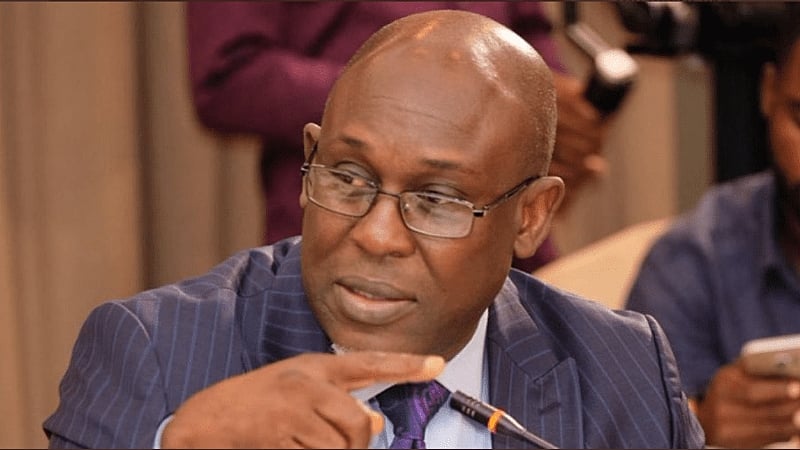Vice President of IMANI Africa, Kofi Bentil, has revealed that the policy think tank’s friction with Ghana’s Electoral Commission (EC) dates back more than ten years and stems from a sustained demand for transparency—not a push to replace individuals at the Commission.
In a Facebook post, Mr. Bentil underscored that IMANI’s criticism has consistently focused on the EC’s refusal to be accountable.
“We have had a longstanding feud with EC spanning about a decade. They chose to deny facts and even ridicule us when we demanded accountability of them. We even had a court order against them which they have not faithfully obeyed. We were left with no choice than to take them to CHRAJ!! We don’t care who is in power, we will stand our ground till the end. TO BE CLEAR, IMANI IS AFTER INSTITUTIONAL ACCOUNTABILITY not just change of personnel,” he wrote.
His comments come in the wake of a formal petition filed by IMANI at the Commission on Human Rights and Administrative Justice (CHRAJ), calling for an investigation into how the EC handled the retirement and disposal of elections-related equipment.
Mr. Bentil, who is also a lawyer, emphasised that this petition is not new. “Imani petitioned CHRAJ before this government came in and has been on the EC case for almost a decade because a lot is wrong with the EC! I even secured a court order to force them to perform their constitutional duties, which they have ignored,” he stated.
The petition, dated May 4, invokes CHRAJ’s constitutional mandate to oversee the ethical use of public resources and ensure proper conduct among public officers. It references Chapters 18 and 24 of Ghana’s 1992 Constitution.
The document, signed by IMANI’s Founding President Franklin Cudjoe, Honorary Vice President Bright Simons, Senior Vice President Kofi Bentil, and Vice President Selorm Brantie, declares: “We are gravely concerned by the Electoral Commission (EC) of Ghana’s handling of the nation’s scarce resources in the discharge of its duties, which conduct we believe amounts to ‘misappropriation’, ‘wastage’, and ‘misuse’ of said resources.”
The petitioners further argue that, “The EC’s conduct appears to us as evincing a conflict between its duties under various laws to judiciously apply the resources of this country for the good of the citizenry, on the one hand, and its tendency to take decisions favourable to various commercial vendors and transactors, on the other hand.”
They conclude with a stern accusation: “Furthermore, we believe that the EC’s most recent conduct has been necessitated by a need to curtail transparency and accountability, and thus was motivated by a collective conflict of interest.”
IMANI’s continued scrutiny of the EC underscores the think tank’s broader mission to strengthen institutional governance in Ghana through accountability and civic oversight.


